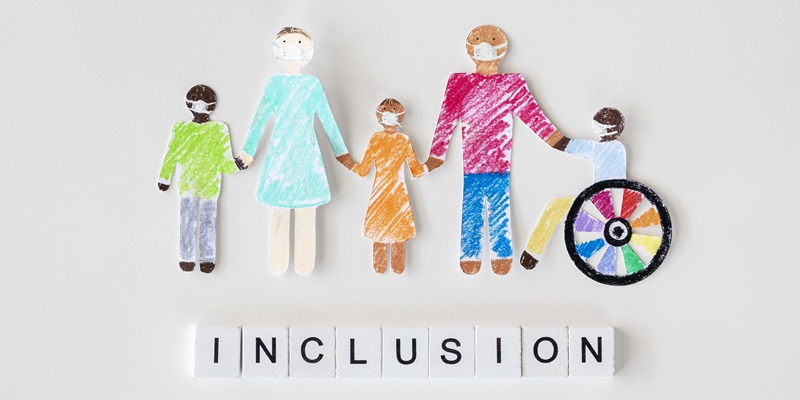The emerging fields of Artificial Intelligence (AI) and Machine Learning (ML) present us with innovative solutions to bridge the gap and empower individuals with disabilities, enabling them to lead more independent and fulfilling lives. This article explores the various ways in which AI and ML can enhance accessibility and promote inclusion for individuals with disabilities across different aspects of life.
Recognition and Mitigation of Biases
AI algorithms have the ability to recognize and mitigate biases in decision-making processes, such as hiring or loan approvals. By training these algorithms to be more inclusive, we can ensure fair and equitable outcomes for all individuals, regardless of their background or abilities. This helps to eliminate discriminatory practices and promote equal opportunities for everyone.
Development of Assistive Technologies
One of the key ways in which AI and ML contribute to accessibility is through the development of assistive technologies. These technologies aim to empower individuals with disabilities by providing them with the tools they need to overcome limitations and enhance their quality of life. Voice recognition technology, powered by AI, is a prime example. It enables individuals with mobility impairments to control their smartphones or computers using voice commands, breaking barriers that once restricted their ability to access and navigate digital platforms.
Improving Accessibility in the Physical World
AI and ML can also play a significant role in improving accessibility in the physical world. By harnessing the power of AI systems, real-time data from cameras and sensors can be analyzed, providing audio cues and guidance to individuals with visual impairments. This technology allows them to navigate their surroundings more effectively, increasing their independence and confidence.
Promoting Inclusion
n addition to enhancing accessibility, AI and ML also have the potential to promote inclusion by addressing biases and discrimination. These technologies can break down barriers and create a more inclusive society by recognizing and rectifying systemic biases within our systems and institutions. By ensuring fair and unbiased decision-making, AI systems foster an environment that embraces diversity and equal opportunities for all individuals.
Facilitating Inclusive Education
AI and ML can play a crucial role in facilitating inclusive education. By harnessing the power of these technologies, personalized learning experiences can be created for students with disabilities. Adaptive learning platforms can analyze individual strengths and weaknesses, providing tailored resources and support to meet specific educational needs. This empowers students to learn at their own pace and style, breaking down barriers to education and promoting inclusive practices within the educational system.
By leveraging the power of AI and ML, we have the opportunity to create a more inclusive society where everyone, regardless of their abilities, has equal opportunities to participate and thrive. These technologies offer innovative solutions to bridge gaps, enhance accessibility, address biases, and promote inclusion. It is imperative that we continue to explore and invest in AI and ML to maximize their potential in transforming our society, cultivating an environment that embraces diversity and empowers individuals with disabilities to lead independent and fulfilling lives.

